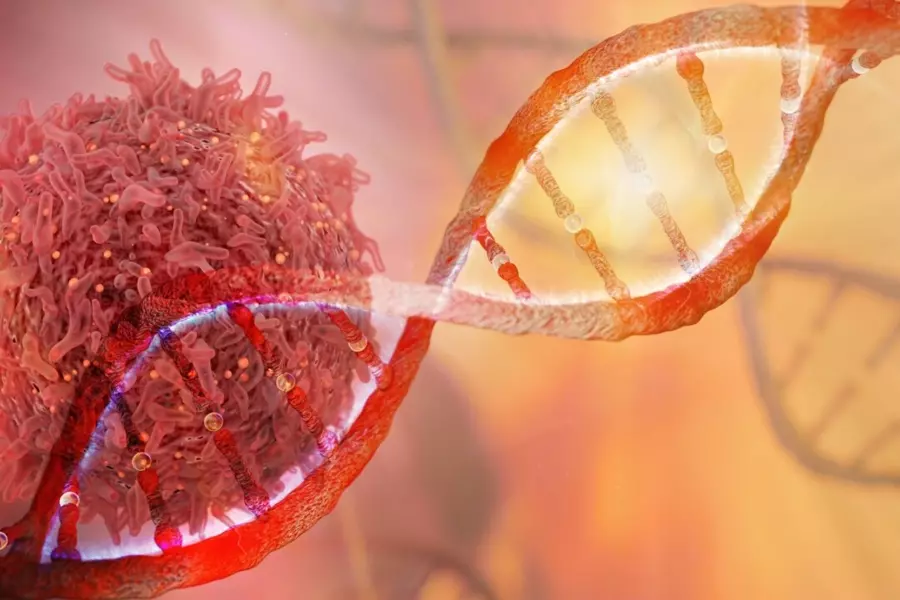Researchers from the National University of Singapore’s Cancer Science Institute have discovered a link between the breakdown of sugar in the body and an increased risk of cancer.

The study, led by Professor Ashok Venkitaraman and Li Ren Kong, found that a chemical produced when the body metabolizes sugar can suppress gene expression responsible for preventing tumor formation.
According to Kong, who is also the first author of the study, this finding may help explain the connection between cancer risk and poor dietary habits, including obesity and diabetes.
The researchers found that a compound called methylglyoxal (MGO), produced when blood sugar levels are chronically elevated, can cause DNA damage and inhibit a tumor-suppressing gene known as BRCA2.
BRCA2 plays a crucial role in repairing DNA and producing proteins that help prevent tumor growth and cancer cell proliferation.
Mutations in the BRCA2 gene are associated with a higher risk of developing breast, ovarian, and other cancers.
Those with a faulty copy of the BRCA2 gene are particularly vulnerable to MGO-induced DNA damage.
The study also revealed that individuals without a predisposition to cancer still face an increased risk of developing the disease due to elevated MGO levels.
This suggests that maintaining healthy blood sugar levels through diet, exercise, and medication could help reduce cancer risk in people with prediabetes or diabetes.
Early detection of high MGO levels can be achieved using a routine HbA1C blood test that measures average blood sugar levels over the past two to three months.
This new research could potentially provide a mechanism for detecting early warning signs of developing cancer, offering hope for more effective prevention strategies.
While further studies are needed, this discovery may pave the way for new methods of mitigating cancer risk by focusing on healthy dietary choices and macronutrient intake that promote cell health.
Dr.
Simpson emphasizes the importance of consuming whole, unprocessed foods with a low-carb intake for optimal cellular function.
By adopting a balanced diet rich in vegetables, proteins, and healthy fats, individuals may be able to reduce their risk of developing cancer related to poor dietary habits.
